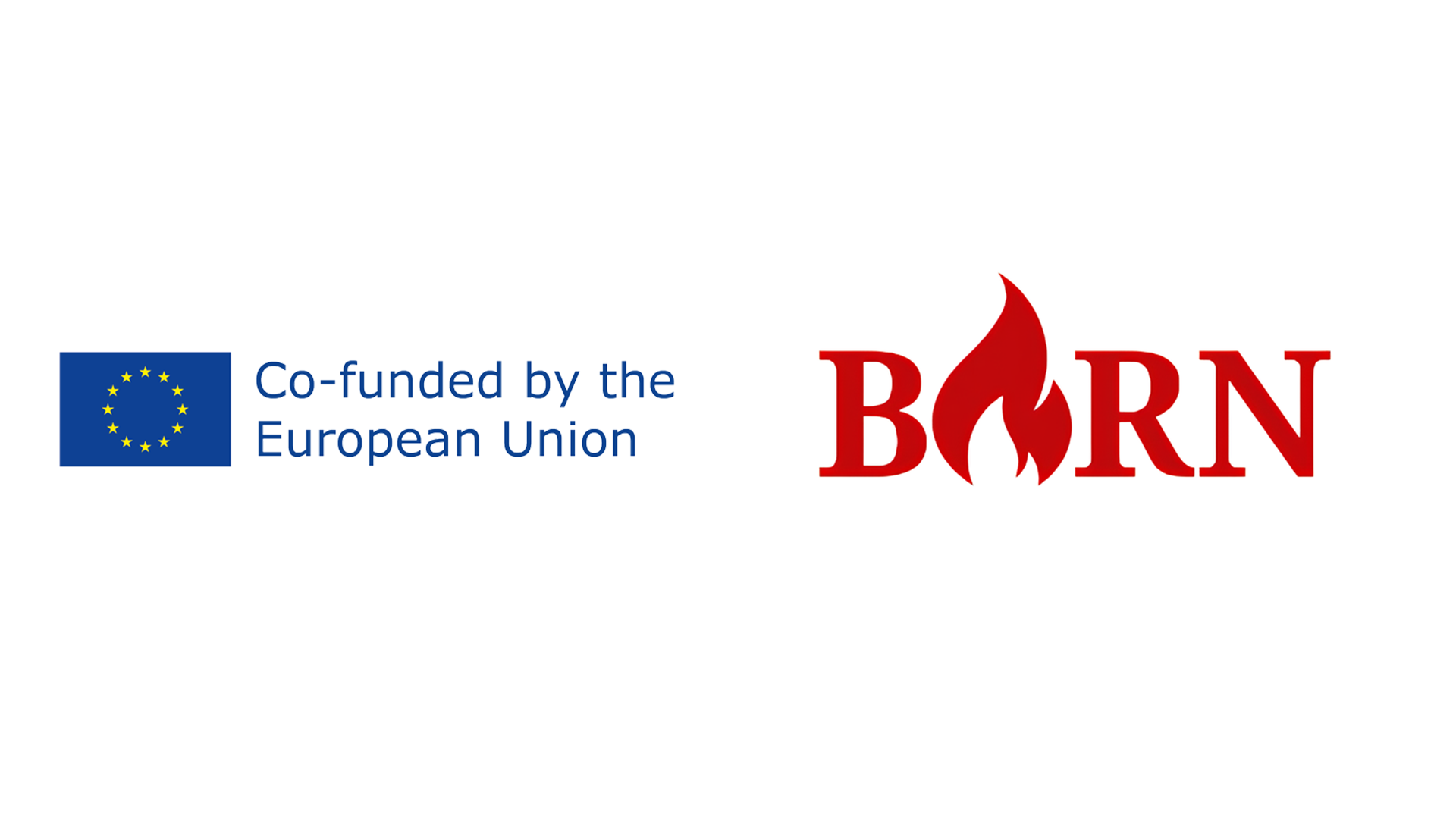From February 12 to 14, 2024, the University of Tartu, Estonia, hosted the start-up meeting of Erasmus + partners of the BURN project - Boosting University Psychological Resilience and Wellbeing in (Post-) War Ukrainian Nation "). The project aims to increase the psychological stability of educators and education seekers, to start work with psychological trauma during the war and post-war reconstruction, in particular in internally displaced universities. In addition to the GIIIM team, a consortium of 8 partners from 4 countries will work on the implementation of project ideas:
- International Psychoanalytic University of Berlin, Germany.
- University of Tartu, Estonia;
- University of Latvia, Latvia;
- Ternopil National Pedagogical University named after V. Hnatyuka (national coordinator);
- Kryvyi Rih State Pedagogical University;
- Bogdan Khmelnytskyi Melitopol State Pedagogical University
- Kherson State University.
The GIIM team was represented by the project manager Assoc. Tetyana Borozentseva and project executor Assoc. Oksana Hrytsuk. Other members of the team (associate professor Diana Drozdova, associate professor Olena Razumova and senior lecturer Snizhana Sergeeva) and the person responsible for international cooperation, associate professor Marina Shkuropat joined the event online and supported their participants.
The meeting participants were warmly welcomed by the head of the office of the Erasmus+ program in Ukraine Svitlana Shitikova. On the first day of work, the managers of the participating teams presented their universities and teams. Next, the teams discussed key ideas, tasks and expected results, agreed on work principles and voiced problems that may arise at the stage of project implementation.
On the second day of the kick-off meeting of the BURN project at the University of Tartu, the partners took part in comprehensive discussions on the goals and objectives of the work packages (WP) and strategies for their achievement. The leaders of the work packages (WP) revealed their vision for the implementation of the WP. In addition, participants jointly developed a plan to establish Psychological Resilience and Well-Being Centers for employees and students of displaced partner universities, which will facilitate the provision of psychological support to employees and students of displaced universities.
On the third day of work at the start meeting of the project Assoc. Tetyana Borozentseva presented the quality control plan for project achievements. All participants received certificates and took to their universities small pieces of the fire that ignited their hearts at the Erasmus BURN project kick-off.
Let this fire of goodness not go out!
We wish fruitful work and success to all project teams!

